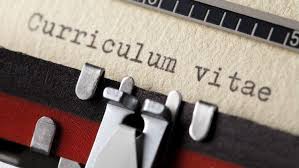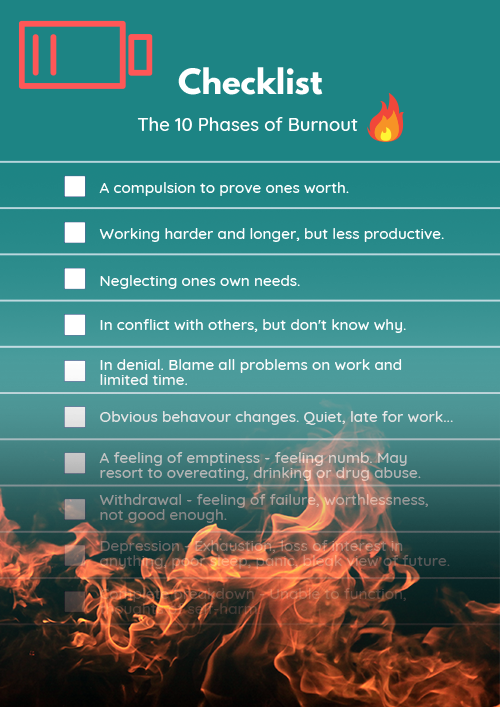Content and Style
The most professional CVs are written in the style of the third person and this is favoured by recruiters.
For example:
Possesses excellent organisational, communication and negotiation skills. Able to work well as part of a team and can demonstrate effective leadership to ensure the team reaches targets.
Action Verbs
Another effective way of making your CV have a greater impact is to start your sentences with ‘action verbs’, such as:
- Achieved
- Accomplished
- Developed
- Launched
- Managed
- Improved
- Implemented
- Realised
These words can be used to describe your skills and experience as a way to emphasise what you achieved, rather than just what you did. These can include words such as:
- Consistent
- Efficient
- Experienced
- Innovative
- Positive
- Productive
- Successful
Avoid Repitition
Try to avoid repitition. If you are writing bullet points, try to start each one with a different word. Within any one paragraph, avoid writing the same adjective, adverb, or action verb twice.
Numbers
If using specific figures, make sure they are precise.We may have all seen ‘The Apprentice’ where time and time again the candidates inflate their figures. Don’t just make a claim, back it up.
Don’t say ‘Directly responsible for saving the company £1,000,000’ if that wasn’t strictly true, if the fact was ‘successfully managed a Team of five help save the company £1,000,000.’
Spelling, typos and punctuation
60% of CVs and cover letters contain at least one linguistic error.
This is very irritating for recruiters.
It is a good idea to ask a friend or colleague to read through it, because they may be able to spot an error that you have missed
Commonly misspelled words
- Separate – often seen as ‘Seperate’
- Necessary – neccesary, necessery, nesessary
- Liaising – liasing
- Personnel – personnell, personell, personel
- Role – roll
- Stationery – stationary
- Principle – principal
- Effect – affect
- Advice – advise
- Practice – practise
Typos
It’s easy to miss typos, because they do not necessarily contain a spelling mistake.
For example, you could be going for a job as a Mental Health Nurse, but type it as Metal Health Nurse, or a Dairy Farmer could be a Diary Farmer.
How would you you spell the following sentences?
- What is their/there favourite hobby? (so many candidates get confused by their and there. Make sure you know which one to use.
- What are your/you’re weaknesses? (which is the correct spelling to use?)
- Do not take their/there word at face value (which one is correct?
There refers to a place and Their shows possession
You’re is a contraction of you are and has no other use. It is never used to show possession in a sentence.
Punctuation
The apostrophe is definitely the most abused.
For example:
Bristols’ No.1 retailer of bikes, or
Bristols No.1 retailer of bikes
The correct usage is of course
Bristol’s No.1 retailer of bikes
If you’re not sure what the rules are, there’s plenty of information on the Internet about it. https://www.grammarbook.com/punctuation/apostro.asp
Next week we’ll be looking at Structure of the CV.


